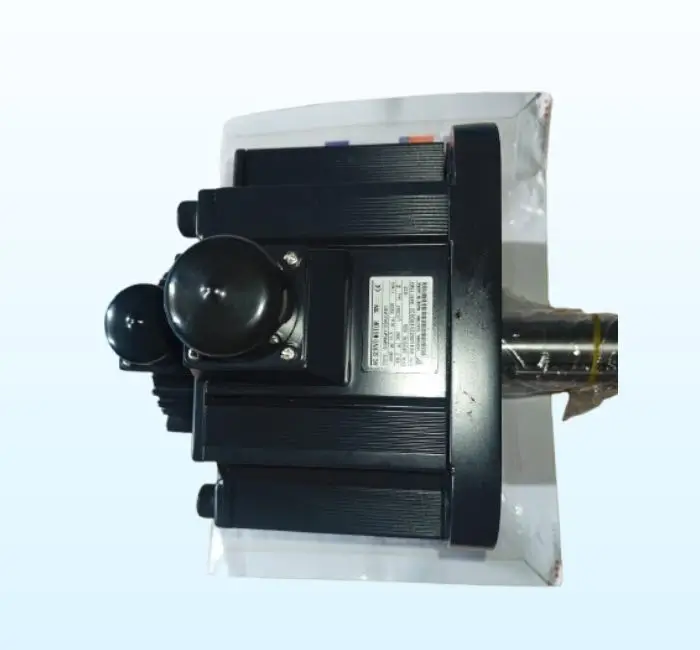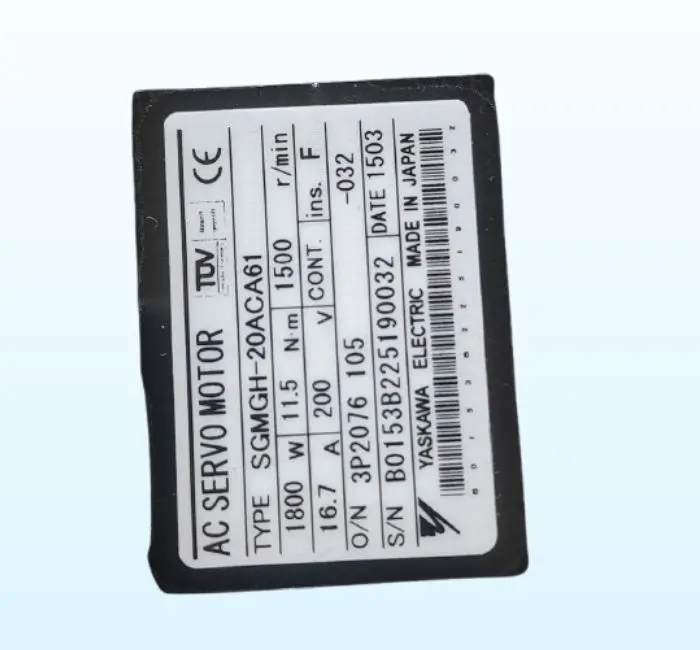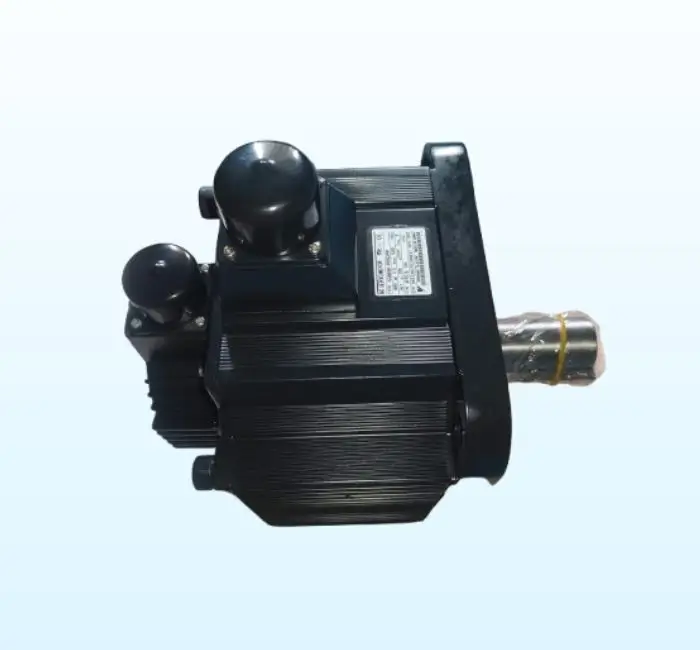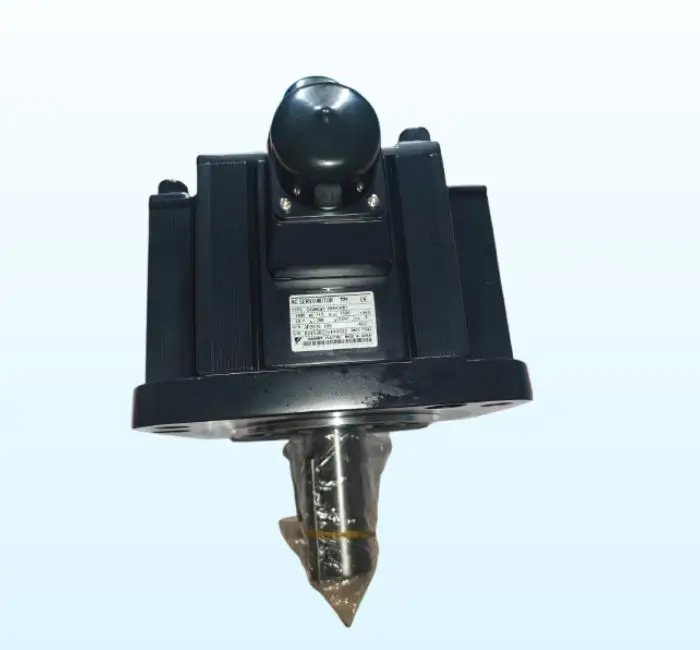An AC servo motor is a type of electric motor used in precise motion control systems. It operates on alternating current (AC) and is a key component in applications requiring accurate control of position, speed, and torque. Commonly found in robotics, CNC machines, conveyor systems, and industrial automation, AC servo motors are valued for their high performance and reliability.
The motor typically works as part of a closed-loop system, which includes a servo drive (controller) and a feedback device like an encoder or resolver. The controller receives a signal indicating the desired position or speed and sends appropriate current to the motor. The feedback device continuously monitors the actual position or speed and sends this data back to the controller, allowing for real-time adjustments to correct any errors. This feedback mechanism ensures high precision and smooth operation.
AC servo motors come in two main types: synchronous and asynchronous (induction). Synchronous motors are more common in servo systems due to their ability to maintain constant speed regardless of load variations.
Compared to DC servo motors, AC servo motors are generally more durable, efficient, and suitable for high-speed, high-power applications. They also have better heat dissipation and require less maintenance.
Some advantages of AC servo motors include high torque at low speeds, fast response, and smooth, quiet operation. However, they tend to be more expensive and complex than basic motors due to the need for matching drives and feedback systems.
In summary, AC servo motors are essential in modern motion control systems, offering a balance of power, precision, and reliability in dynamic environments.

 Cart is empty
Cart is empty 



kaushik –
gbjhbmhbmj